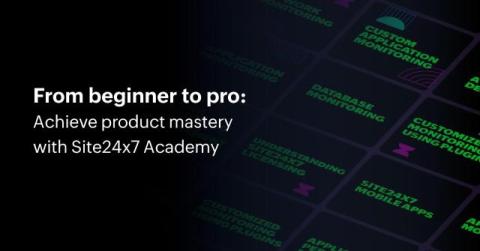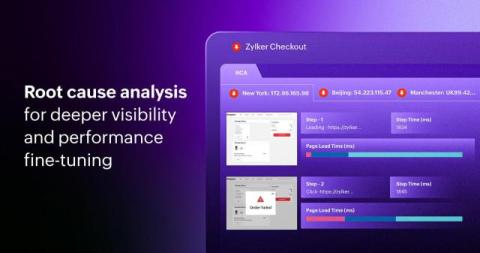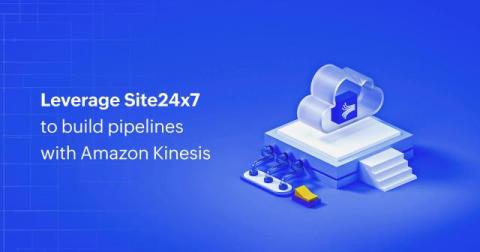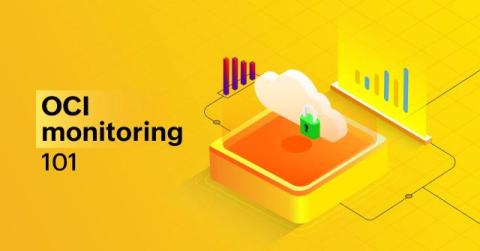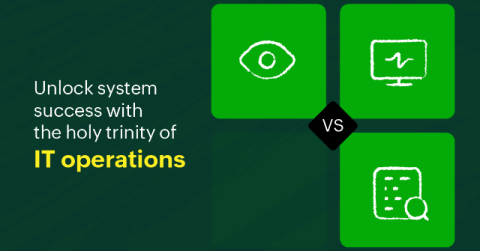Achieve product mastery and unlock the full potential of Site24x7 with Site24x7 Academy
Organizations grow, and so do we. At Site24x7, we continually evolve by incorporating customer feedback and staying ahead of industry trends. As our valued customers who use the product day in and day out, you likely want a thorough understanding of all the features and use cases it has to offer.


